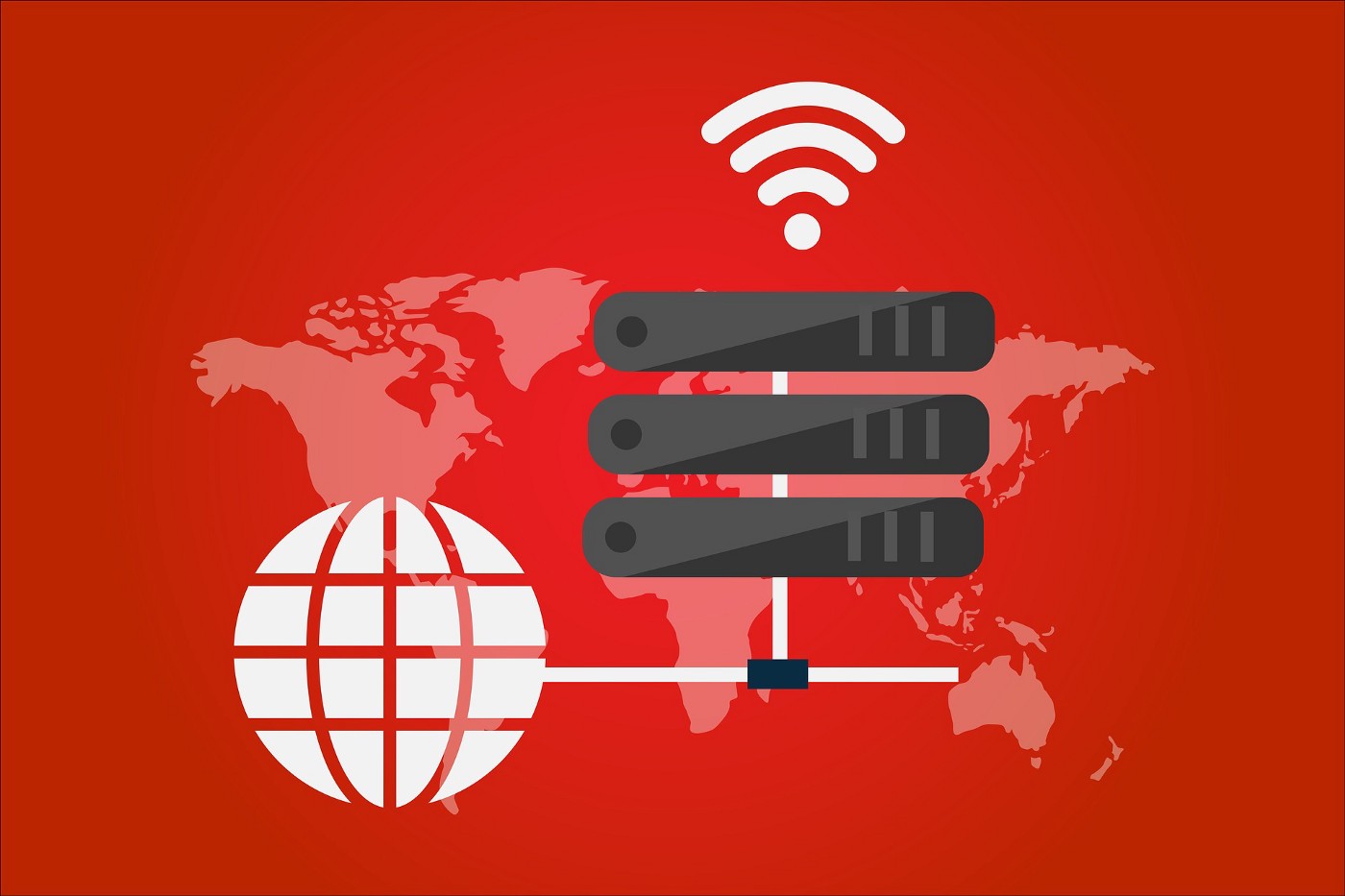VPNs are essential for digital privacy and security. But what do they actually do? One of the most popular VPNs is VyprVPN, you can check VyprVPN Review to see how it stacks up to the competition. In this guide, we’ll take a closer look at the pros and cons of VPNs—and which one is right for you. We’ll also give you some tips on how to choose the perfect one for your needs. It can be hard to know where to start, but this guide should help make that decision easier.
How to Choose the Right VPN for You.
When it comes to choosing the right VPN for your needs, there are a few things to consider. For example, which type of VPN will protect your data and privacy? Which service offers a variety of options (including server locations) and compatibility with different devices? And what criteria do you feel most important when making a decision?
To help you answer these questions, we’ve put together a guide that covers the basics of VPNs. In this guide, we’ll determine what type of VPN you need and then list some of the best options for you. We’ll also cover how to choose the right VPN service and how to set up your VPN.
Choosing the Right VPN Service.
Once you have determined what type of VPN you need, it’s time to decide which one to choose. There are several great options available, but we’ll focus on two main types: public and private VPNs. publicVPNs are connected to the internet through your local network rather than an ISP or other third-party provider; they’re therefore more likely to be recommended by friends or family members. privateVPNs are connected through an obscure server location (usually within an organization), meaning they’re less likely to be monitored by authorities and may be more secure than publicVPNs.

Sub section 1 choosing the right company
Before making any decisions about a particular VPN service, it’s important to understand who their customer base is and what motivates them to use their services. This information can be gleaned from customer reviews or from talking to people who work at the company or have used their products in the past. If you have any concerns about a company’s financial stability or their transparency regarding security measures, don’t use them!
Section 2 How To Choose The Right PrivateVPN Company
There are several great privateVPN companies out there that offer excellent security features along with reasonable prices for users. We recommend six of our favorite companies in this regard: NordVPN (www.nordvpn.com), StrongSale (www1 .strongsale .com), CyberGhost (www2 .cyberghost4u .com), Private Internet Access (www3 .privacyacademy .com), IPVanish (www4 .ipvanishusa). You can also try using our free trial version HERE before signing up for any of these services!
What is a VPN.
A VPN is a virtual private network, which is a type of connection that allows you to access the internet from another country or region without being monitored. VPNs can help protect your privacy and anonymity, allowing you to surf the internet anonymously or to access information that would otherwise be inaccessible.
How do VPNs work.
VPNs use encryption technology to protect your data as you browse the internet and online applications. This means that any information that is transmitted between your device and the VPN server is hidden from view, meaning no one will be able to track or monitor your activities while using a VPN.
What are the different types of VPNs.
There are three main types of VPNs: Public Wi-Fi Security Tunneling Protocol (PWS), Private Internet Access (PIA), and Cyber Security Networking Service (CSN). Each provides its own set of benefits and drawbacks, so it’s important to research which one would best meet your needs before making a decision about whether or not to use it.

How to Use VPNs to Hide Your IP Address.
To create a VPN profile, you first need to identify your IP address. To do this, you can use a tool like IP Address Lookup or an online tool that allows you to find your current IP address. Once you have your IP address, you can create a VPN profile by entering it into the relevant fields of a VPN connection wizard.
Using a VPN to access the internet.
Once you have set up your VPN and connected to it, you will be able to access the internet through your VPN client. You will likely see the following screen when connecting:
This screen shows the current location of your computer and includes information about how long it has been on the internet and what websites (if any) are running in the background.
Using a VPN to hide your location.
If you want to hide your location while using a VPN, you will need to set up another setting in order to determine where your computer is located at all times (this is called “location selection”). To do this, open Settings and select Advanced:
Thereafter, choose Location from the drop-down list and enter an accurate location for your computer (e.g., “Los Angeles”). This setting will help prevent others from seeing where you are located even if they connect through your VPN connection.

